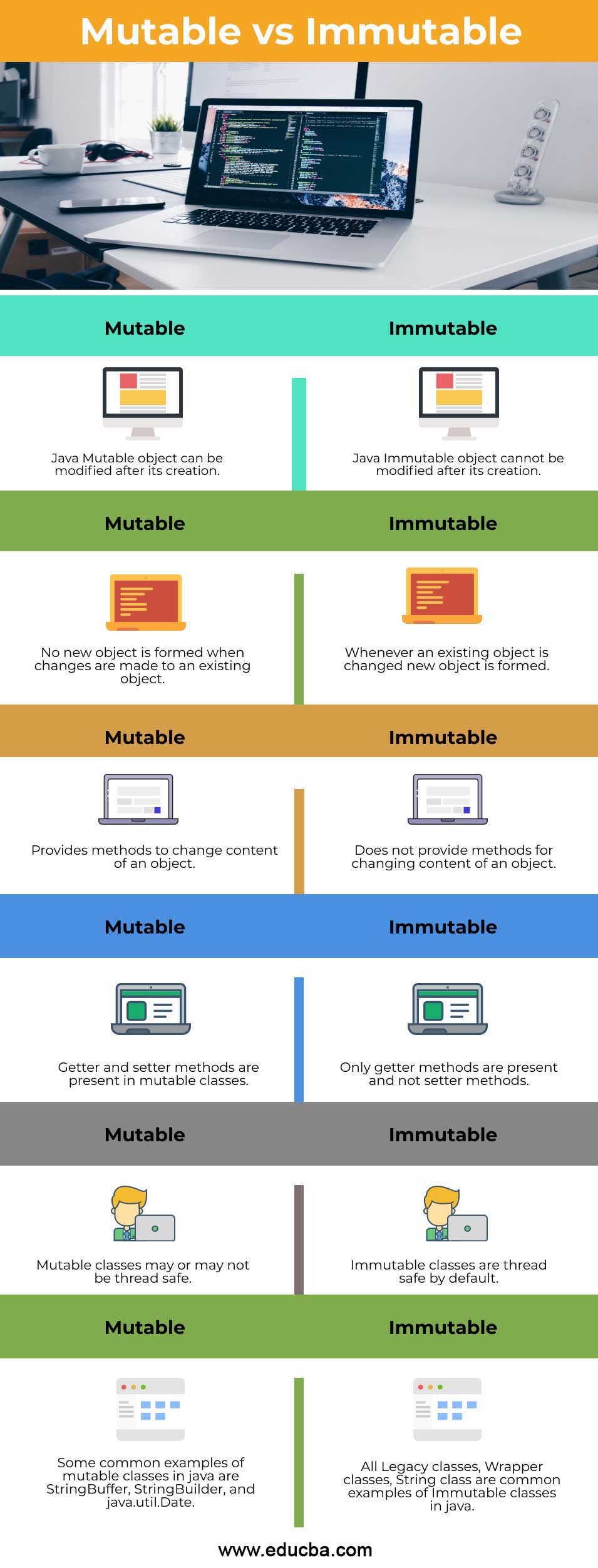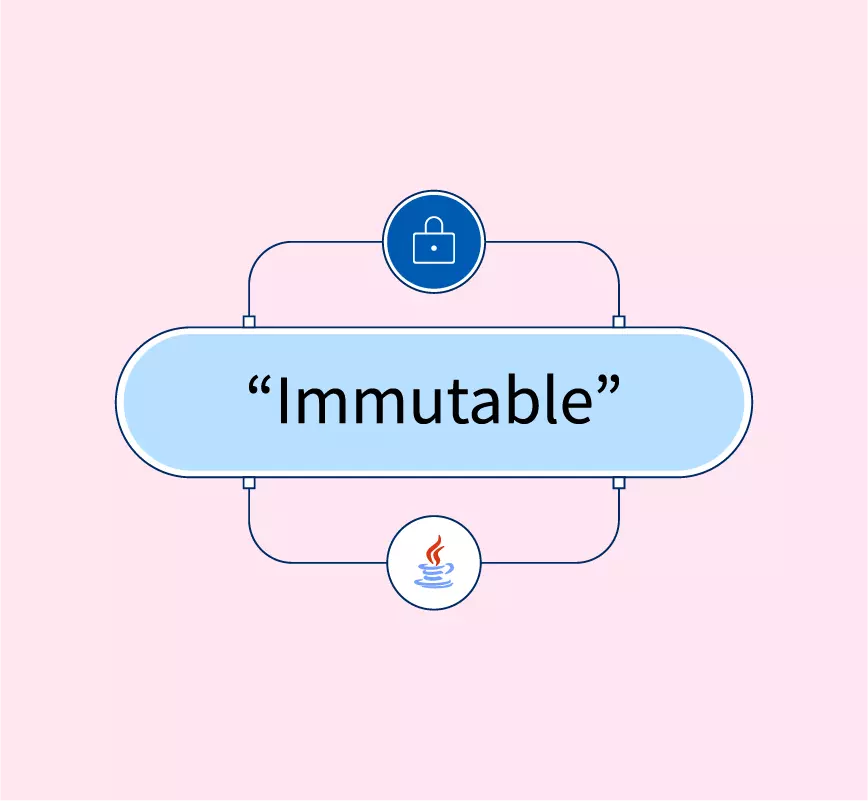Why Are Strings Immutable in Java? In-depth Evaluation for Programmers
Why Are Strings Immutable in Java? In-depth Evaluation for Programmers
Blog Article
What Is Unalterable Strings and Just How It Functions
In the world of programming, recognizing the principle of immutable strings is extremely important for developing durable and safe applications. Immutable strings refer to strings that can not be altered after they are produced, making certain data stability and predictability within the code. This basic principle plays a critical function in numerous programming languages and supplies a distinct technique to handling information. By exploring the complexities of how unalterable strings operate, one can reveal a globe of advantages and opportunities that can raise the top quality and performance of software application development.
The Basics of Immutable Strings
Unalterable strings, as an essential concept in shows, are character series that can not be changed as soon as they are developed. This indicates that once a string is assigned a worth, that worth can not be altered. In languages like Python and Java, strings are unalterable things, bring about various implications in terms of memory monitoring and information honesty.
One of the essential advantages of unalterable strings is that they provide a feeling of protection in data control. Since the content of an immutable string can not be changed, it makes certain that the initial data remains undamaged, minimizing the risk of unplanned modifications throughout program execution (Why are strings immutable in Java?). This property likewise streamlines debugging processes, as programmers can trust that as soon as a string is specified, its value will certainly not be unintentionally modified
When a new string is produced based on an existing one, rather than changing the initial string, the new value is saved separately. In general, understanding the basics of immutable strings is critical for mastering programs principles and maximizing code performance.
Advantages of Immutable Strings
Building upon the protection and performance benefits of immutable strings, their benefits encompass improving code dependability and streamlining simultaneous programs jobs. By being immutable, strings can not be modified after creation, which eliminates the threat of unexpected modifications in the information they keep. This integral immutability makes sure that as soon as a string is produced, its worth stays constant throughout the program's implementation, lowering the opportunities of insects triggered by unforeseen modifications.
Additionally, immutable strings add to code dependability by making it easier to reason about the state of a program. Since strings can not be changed, developers can rely on that a string will certainly always hold the very same worth, simplifying debugging and upkeep efforts. This predictability brings about extra secure and dependable codebases.

Application in Programming Languages
Within different programming languages, the consolidation of immutable strings is an essential aspect Continued that affects how data is taken care of and manipulated within code structures. The execution of unalterable strings varies throughout various shows languages, with each language providing its own systems to sustain this principle.

On the other hand, languages like C and C++ do not have built-in assistance for unalterable strings. Developers in these languages must manually apply immutability by implementing policies within their code to stop direct modifications to string items.
Best Practices for Functioning With Immutable Strings
When managing unalterable strings in programs languages like Java and Python, sticking to best techniques guarantees efficient and safe information manipulation. One of the vital best practices is to utilize StringBuilder or StringBuffer rather than straight manipulating strings, specifically when managing substantial concatenation operations. These classes offer mutable options for string manipulation, assisting to avoid unnecessary memory allocations and enhancing performance.
In addition, when working with sensitive data such my company as passwords or API tricks, it is vital to avoid saving them as simple message in immutable strings. Using protected storage space mechanisms like char varieties or specialized libraries for dealing with sensitive details aids reduce safety dangers linked with unalterable strings.
Real-world Applications and Instances
Checking out sensible executions of immutable strings in numerous industries discloses their substantial impact on information honesty and system dependability. In the health care field, immutable strings play a vital role in making sure the safety and confidentiality of patient information. By preventing unauthorized alterations to delicate details such as medical documents and prescriptions, immutable strings aid keep compliance with rigorous privacy laws like HIPAA.
Banks additionally gain from the unalterable nature of strings to boost the security of consumer data and purchase records. Unalterable strings help prevent scams and unauthorized modifications to monetary details, offering description a robust defense against cyber dangers and making sure the depend on and self-confidence of clients.

Verdict
To conclude, unalterable strings are taken care of and stable series of personalities that use benefits such as string security and improved performance in programming. They are carried out in various shows languages to ensure data stability and safety. Finest practices for dealing with immutable strings consist of avoiding direct adjustments and using techniques that return new string objects. Real-world applications of unalterable strings include data file encryption, caching, and string adjustment jobs.
Unalterable strings refer to strings that can not be altered after they are created, guaranteeing data honesty and predictability within the code. When a brand-new string is produced based on an existing one, instead than customizing the original string, the new value is stored separately.In languages like Java and Python, strings are unalterable by default, implying that as soon as a string item is created, its worth can not be changed - Why are strings immutable in Java?. Best practices for working with immutable strings include preventing direct adjustments and utilizing methods that return new string items. Real-world applications of immutable strings include data encryption, caching, and string adjustment tasks
Report this page